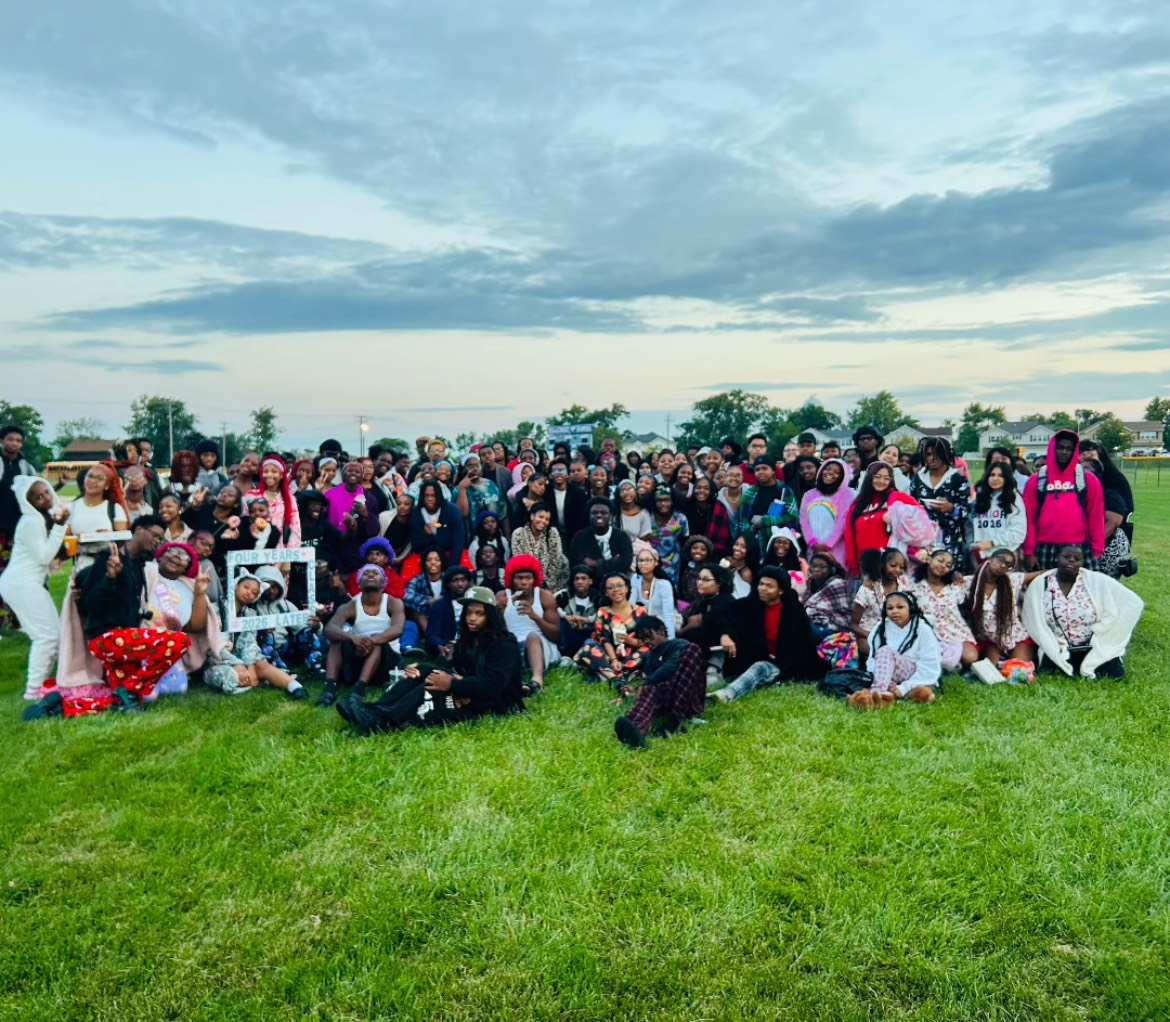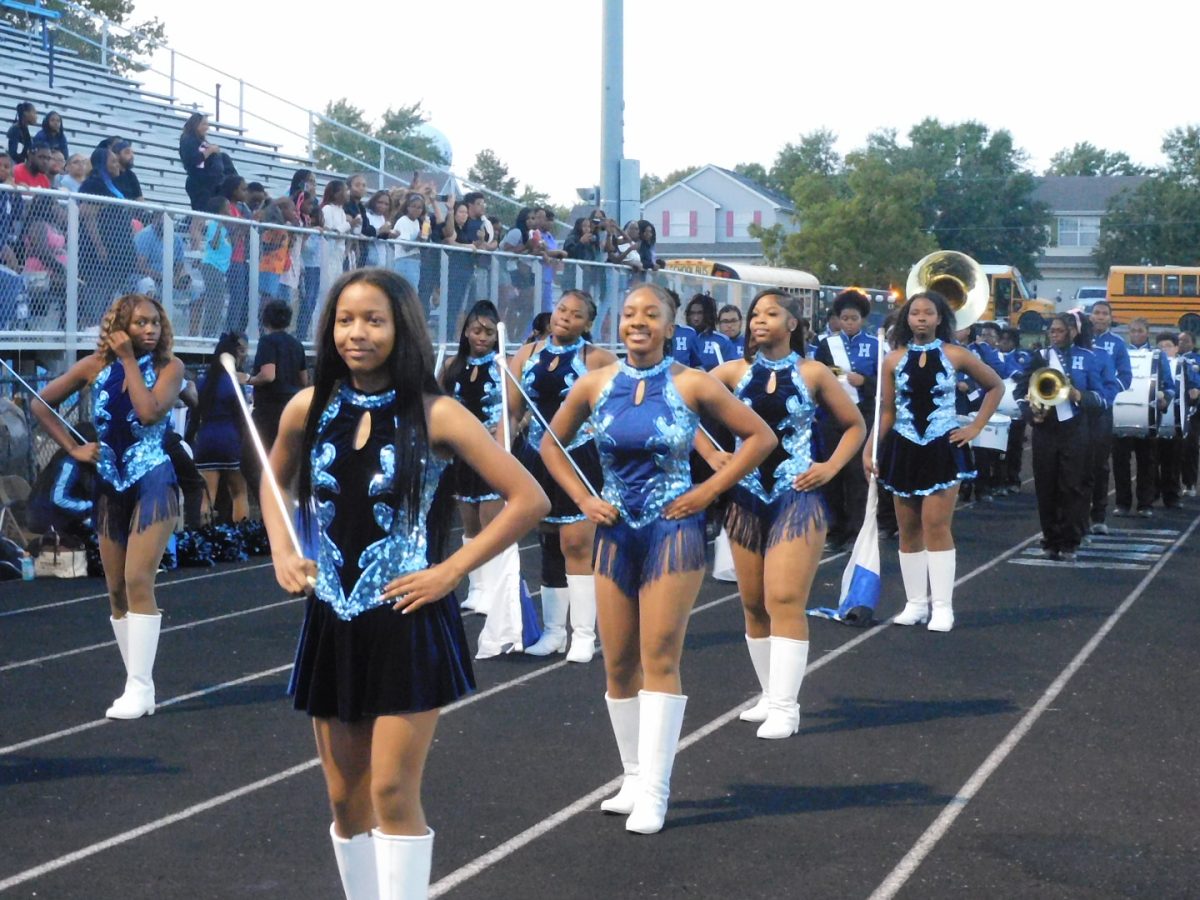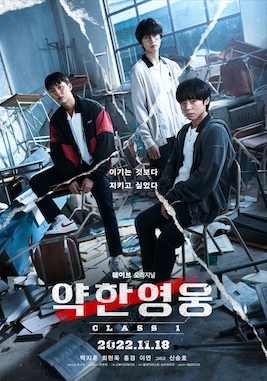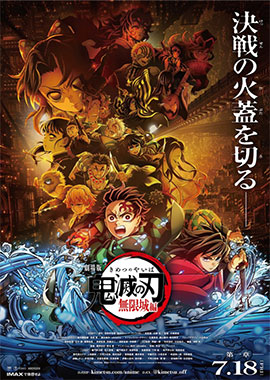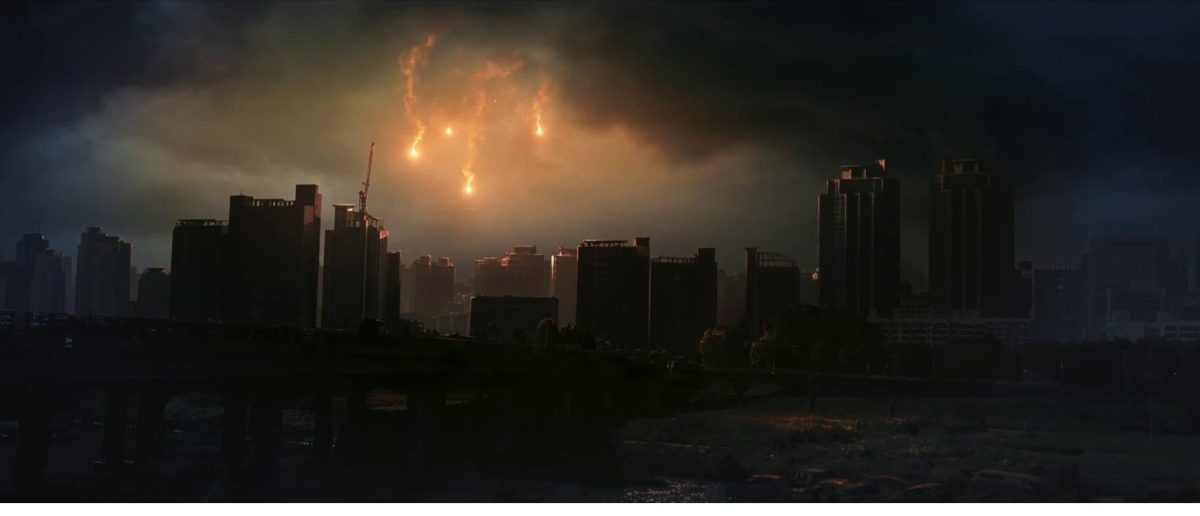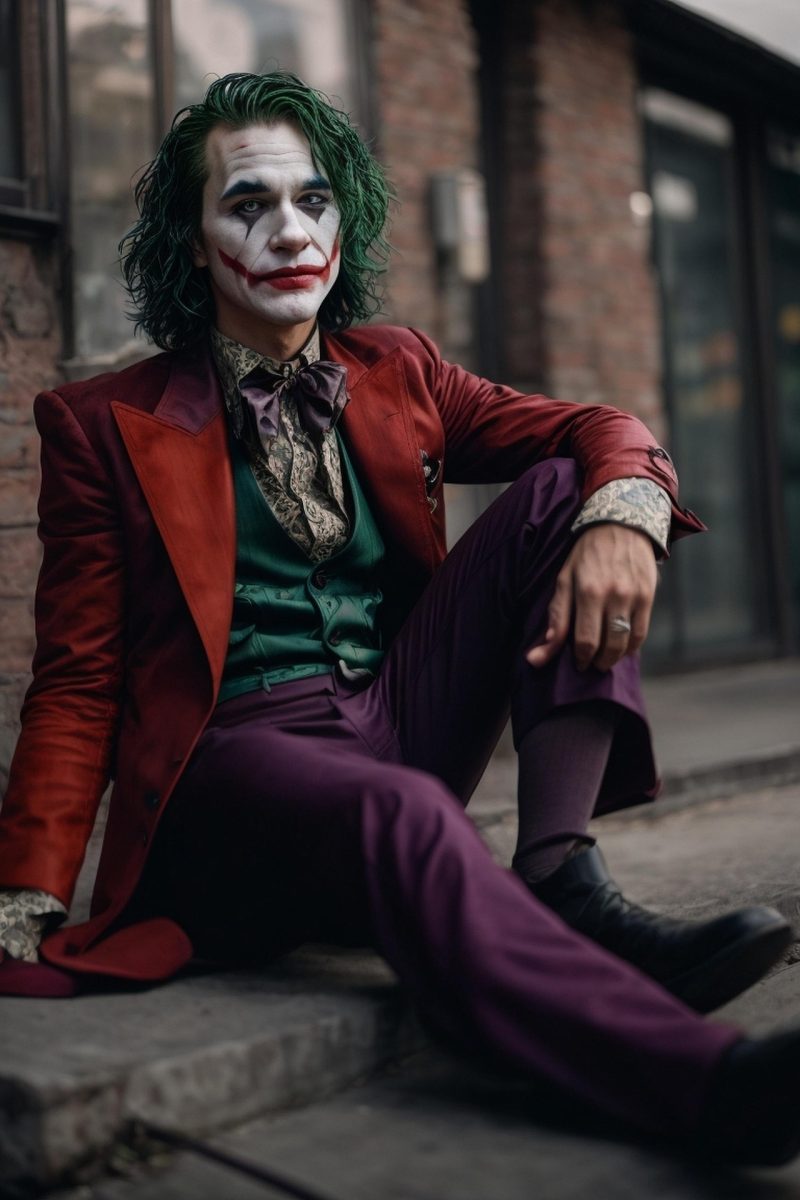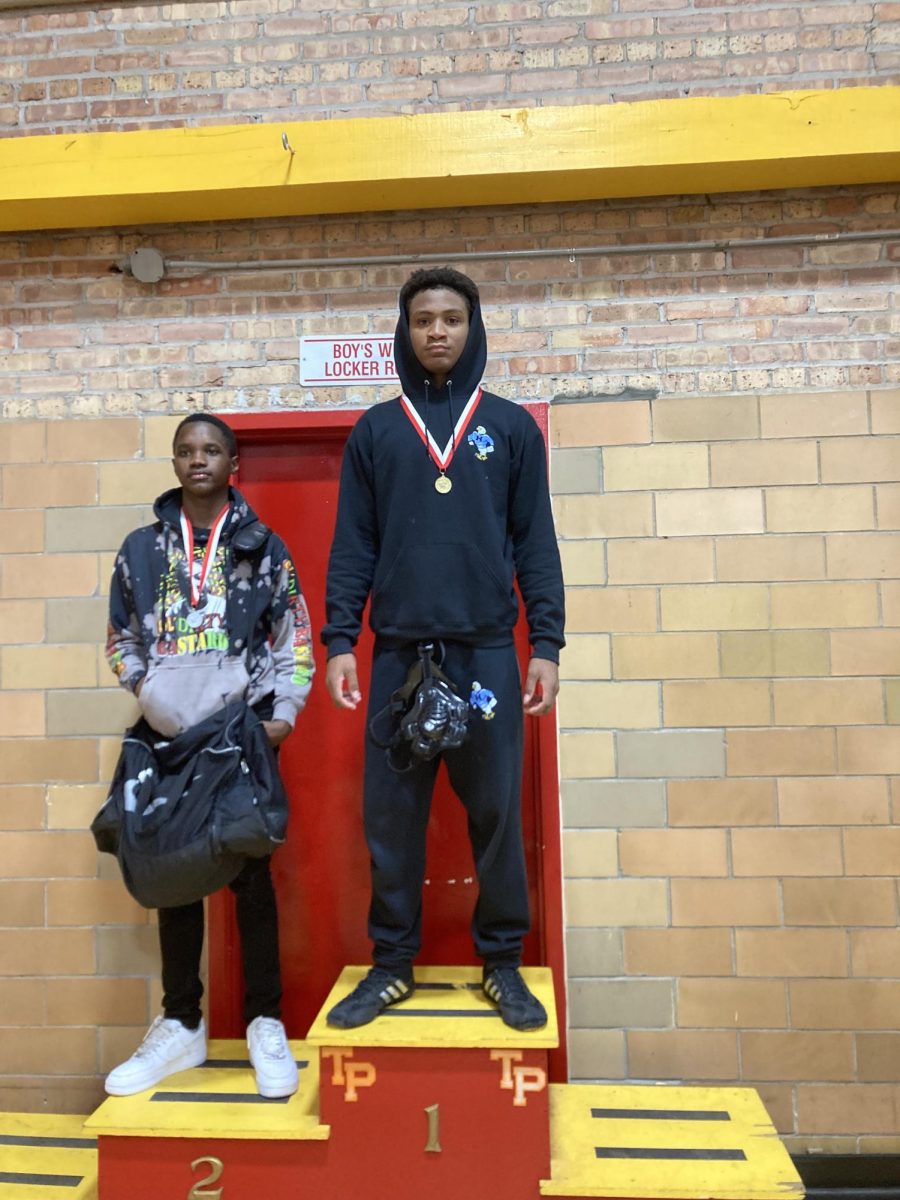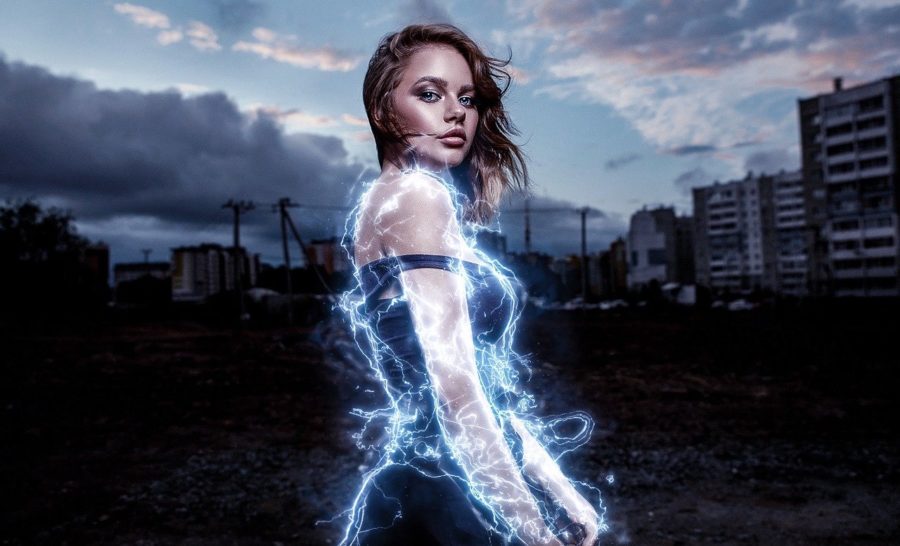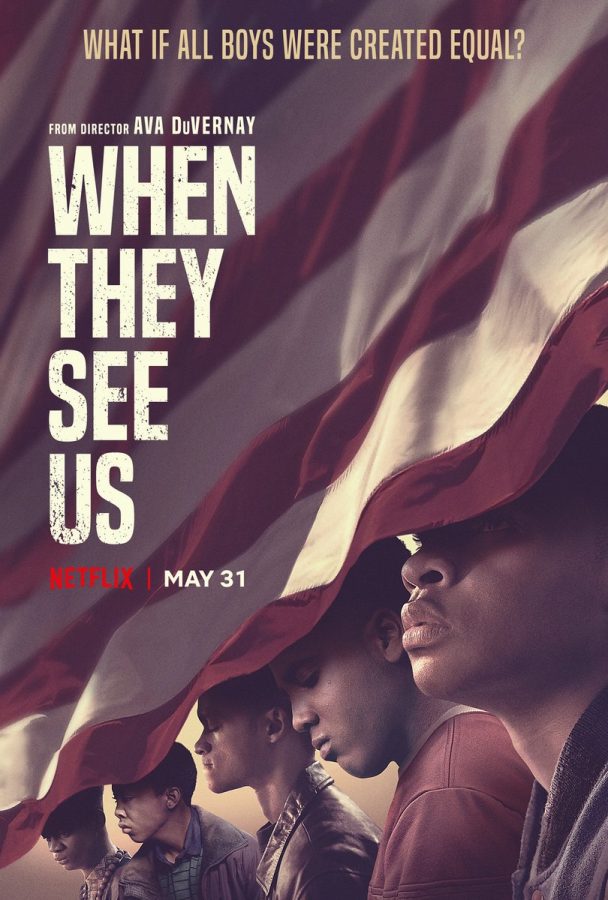When They See Us: A Review
March 25, 2021
The 4-part series produced by Ava DuVernay, When They See Us, is a prime example of light being shed on a controversial topic. The film brought awareness to topics such as police brutality, racism, and the rehabilitation process. The piece was meant to be serious and informing while telling a true story.
The purpose of this film was to inform the public of an injustice carried out by the NYPD and a prosecutor against 5 teenage boys named Raymond Santana, Kevin Richardson, Yusef Salaam, Antron McCray, and Korey Wise. The series goes through each of their individual experiences, removing the dehumanizing aspect of grouping them together.
I believe Ava DuVernay intended for this film to be for society as a whole, as people rarely fully understand how something like a wrongful incarceration can affect a person’s life, even after being released. DuVernay structured the film with rhetorical devices and appeals to have a deeper effect on the viewers. Throughout the film, the boys go through heart shattering experiences such as hearing the news of the death of loved ones from strangers and having a difficult time having a normal life after being released. Many of them couldn’t find jobs and found that the lives around them had changed so much, it was difficult to transition.
The prosecutor, Linda Fairstein, based her entire case off of a coerced confession while lacking hard evidence. The series took us all through a rollercoaster of emotions as we felt sadness, sympathy, and joy while we watched the boys go through this experience.
Although this is not a recently released miniseries, it is still remembered and talked about as an eye opener to people all over the world. The police and justice system viewed these young men as animals for what they were thought to have committed.
The fight for social equality is not anywhere near over, but this film was an outstanding performance in showing how things were done in the past and how desperately they needed to change. This film ultimately started conversations that were needed. The depth of what these young men endured wasn’t felt by the public back in 1989, but Ava DuVernay placed a spotlight on their lives and showed how the justice system failed them, causing them to miss out on their childhood years and live a life that was never truly meant for them.


